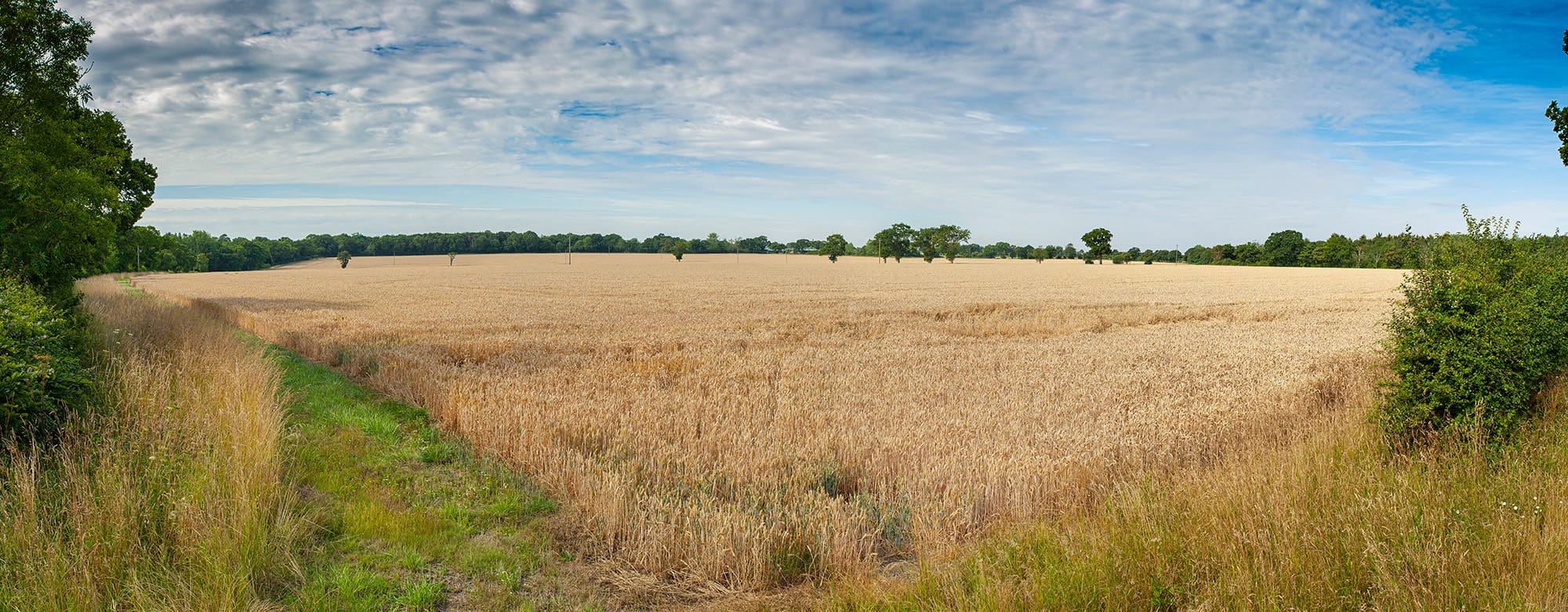Grays Lane: consideration of judicial review
There is no right for objectors to appeal the decision of councillors who allow an application for planning permission. By contrast, if the application is rejected, the developer does have the right to appeal to an Inspector.
The only legal redress open to an objector is to seek to quash the decision, with the aim of ultimately having the matter reconsidered by another planning committee. This process is called judicial review.
To obtain judicial review, the objector must, within 6 weeks of the decision, seek the permission of a judge to bring the case, by filing written grounds of the complaint. If this judge agrees, then a second judge will hear the application on another day.
Judicial review is limited to a judge in the High Court analysing how the decision was arrived at. The judge will not consider whether the decision was one that he or she would have made.
In looking at the way in which the decision was made, the test for setting aside the decision is whether the decision was so unreasonable that no reasonable planning committee could ever have come to it. This is is a very high bar, amounting to whether the decision was perverse. There may be difficulties in establishing this, ere a committee has, by a majority, followed the recommendation of the planning officers. Unsurprisingly, many applications fail at the first stage of seeking permission. Few succeed at both stages. The application in the Sunnica case failed at the first stage.
Those who attended the planning committee meeting on the 11th February 2025 expressed dismay at what was perceived as an unfair hearing, and were shocked by the outcome. In order to ensure that every legal avenue was considered, Save Grays Lane sought the opinion of a specialist planning barrister, as to whether there were prospects of successfully reviewing the decision in court. The barrister looked at a wide range of issues, including East Suffolk Council’s failure to follow its own Local Plan, the way in which the meeting was run, and has provided us with a lengthy opinion.
The barrister’s conclusion was that the threshold of irrationality was arguable in just one respect, namely how the ESC planners dealt with the BESS. He advised that
this aspect should be revisited when the regulatory regime controlling the BESS was known, which is likely to be at the construction stage.
In the light of this, and mindful of legal costs, Save Grays Lane has decided it would be inappropriate to seek a judicial review at this stage. However, the matter will be kept under review and a careful monitoring of the numerous conditions attached to the planning permission will be undertaken.
We are very grateful for the financial support from an objector, who wishes to remain anonymous, who paid for the barrister’s Opinion.

